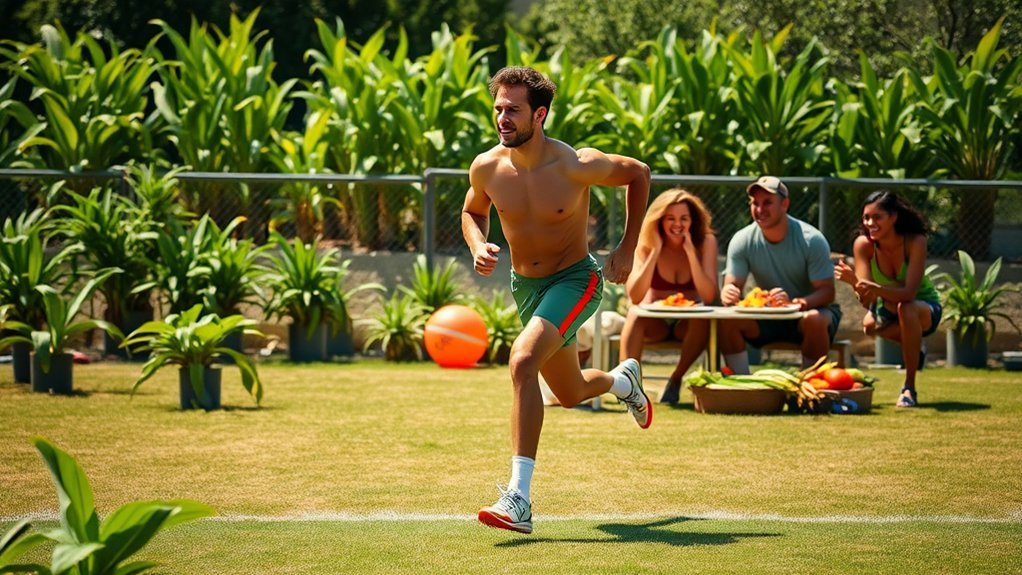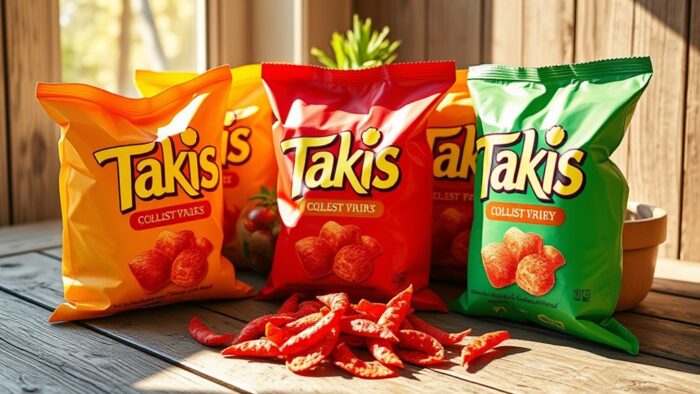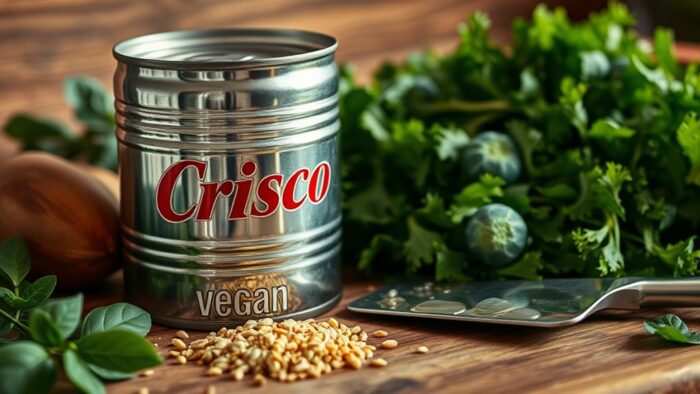Is David Montgomery Vegan?

Are you curious about how dietary choices can impact athletic performance? With the rise of plant-based diets, many athletes are checking out how veganism might boost their health and game. One notable example is a prominent NFL player who made the switch to a plant-based diet at the start of the 2020 season. This decision not only fueled his performance on the field but also sparked conversations about nutrition in sports. His journey, including a memorable moment involving a carrot snack during a Thanksgiving game, has caught the attention of fans and teammates alike. Want to know more about how this choice has influenced his game and the broader dialogue surrounding veganism in athletics? Keep reading to find out!
David Montgomery’s Journey to Veganism

David Montgomery’s decision to adopt a vegan diet at the beginning of the 2020 NFL season was driven by a desire to improve both his health and athletic performance. By eliminating junk food and animal products, Montgomery experienced increased energy levels, which positively impacted his performance on the field, resulting in impressive rushing yards.
This dietary change also led to noticeable weight loss compared to his rookie season, ultimately boosting his agility and endurance.
Montgomery’s passion for cooking played a significant role in his transition to veganism. This skill allowed him to prepare nutritious meals that supported his training and recovery needs.
While there may be skepticism regarding the sustainability of a vegan diet for professional athletes, Montgomery’s experience highlights that a well-planned vegan diet can be both effective and beneficial for optimizing health and performance.
Athletes like Montgomery demonstrate that, with the right approach, a vegan diet can provide the necessary nutrients to fuel training and boost physical capabilities.
As more athletes look into plant-based diets, it’s important to understand that proper planning and knowledge can lead to successful outcomes in sports performance and overall well-being.
The Impact of a Plant-Based Diet on Performance

As more athletes check out the benefits of plant-based diets, the impact on athletic performance is becoming an important area of study. A notable example is David Montgomery, who adopted a vegan diet at the start of the 2020 NFL season. Since making this dietary change, Montgomery has demonstrated impressive performance on the field, rushing for more yards than all but one player, Derrick Henry. This suggests that a plant-based diet can increase athletic capabilities.
Montgomery’s transition to a vegan diet hasn’t only improved his performance but has also contributed to increased energy levels and overall health. He’s experienced significant weight loss, which often correlates with improved athletic performance.
A standout moment in his career was achieving a personal best of 146 rushing yards in a game against the Minnesota Vikings, illustrating the potential effectiveness of a plant-based diet in competitive sports.
While some skeptics question the long-term sustainability of vegan diets for professional athletes, Montgomery’s success has ignited important discussions about the feasibility and benefits of plant-based nutrition for boosting performance.
Athletes considering this dietary shift may find it helpful to check out how a well-planned vegan diet can meet their nutritional needs while supporting their training and competition goals.
Social Media Buzz Around Montgomery’s Carrot Snack

David Montgomery’s choice to snack on a carrot during the Detroit Lions’ Thanksgiving game became a notable moment that resonated with fans and sparked discussions about dietary choices in professional sports. While his teammates enjoyed traditional turkey drumsticks, Montgomery’s preference for a vegan diet stood out, showcasing an alternative approach to holiday eating that many athletes might consider.
This incident highlights the growing awareness and acceptance of diverse dietary habits in sports. As more athletes adopt plant-based diets for health, ethical, or personal reasons, moments like Montgomery’s can help normalize these choices and encourage conversations about nutrition within the sports community.
Social media played a significant role in amplifying this moment, allowing fans to engage with Montgomery’s decision in a light-hearted manner. The playful comments and discussions around his “little sibling vibes” not only reflected his personality but also demonstrated how social media can create connections among fans, players, and their dietary journeys.
Ultimately, Montgomery’s carrot snack serves as a reminder that dietary preferences can vary widely, even in settings where traditional foods dominate. This situation encourages an open dialogue about nutrition, showing that dietary choices can be both personal and part of a broader cultural conversation, even during festive occasions.
Teammates’ Reactions to Dietary Choices

Montgomery’s choice to follow a vegan diet is a prime example of how individual dietary preferences can be embraced in a professional sports team setting. His teammates on the Detroit Lions demonstrate a supportive camaraderie that not only respects but celebrates these choices.
Here are three important aspects of their reactions:
- Good-Natured Banter: Teammates such as Jared Goff and Amon-Ra St. Brown often engage in light-hearted teasing regarding Montgomery’s carrot snacks. This banter strengthens a friendly atmosphere without pressuring him to conform to traditional eating habits.
- Respect for Choices: The Detroit Lions have cultivated a culture that values respect for personal choices, including dietary preferences. This acceptance allows Montgomery’s veganism to be an integral part of his identity within the team, promoting a sense of belonging.
- Viral Moments: A humorous incident during Thanksgiving, where Montgomery’s snack choice became a topic of conversation, highlights how dietary choices can become memorable moments within the locker room. Such instances showcase the team’s ability to find humor and joy in each other’s lifestyles.
Long-Term Sustainability of Veganism in Sports

The long-term sustainability of veganism in sports is a topic of growing interest and discussion. Many athletes are checking out plant-based diets, and their experiences can offer valuable insights. For example, David Montgomery has found success as a top rusher while adhering to a vegan diet, demonstrating that it’s possible to thrive on plant-based nutrition.
However, not all athletes have had the same experience; some, like Cam Newton and Josh Donaldson, have reported challenges and performance declines after switching to veganism. This raises important questions about the adequacy of a vegan diet for athletic performance.
Research shows that with careful planning, athletes can meet their nutritional needs on a vegan diet. Key considerations include confirming adequate protein intake and focusing on micronutrients that are essential for performance and recovery. A well-structured vegan diet can lead to improved nutrition and enhanced energy levels, which are crucial for athletes, particularly in high-contact sports.
As more athletes embrace veganism, the conversation surrounding its sustainability continues to evolve. While skepticism remains, the growing body of evidence and success stories from those who’ve thrived on plant-based diets encourage a broader acceptance of veganism in the athletic community.
Understanding the potential benefits and challenges of a vegan diet can help athletes make informed decisions that support their performance and overall health.





